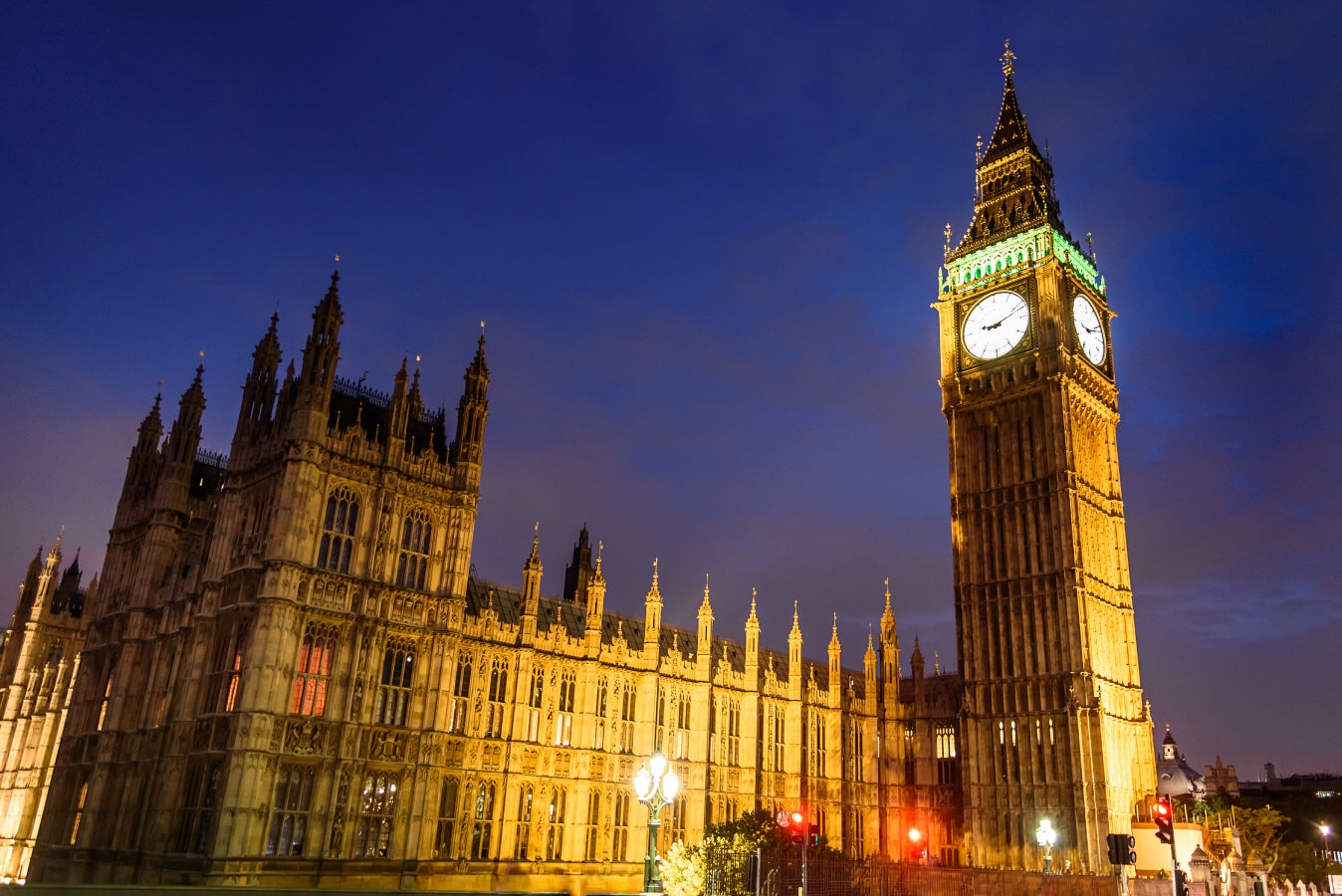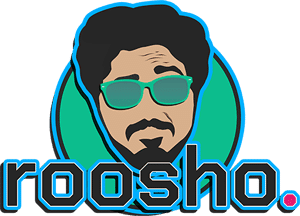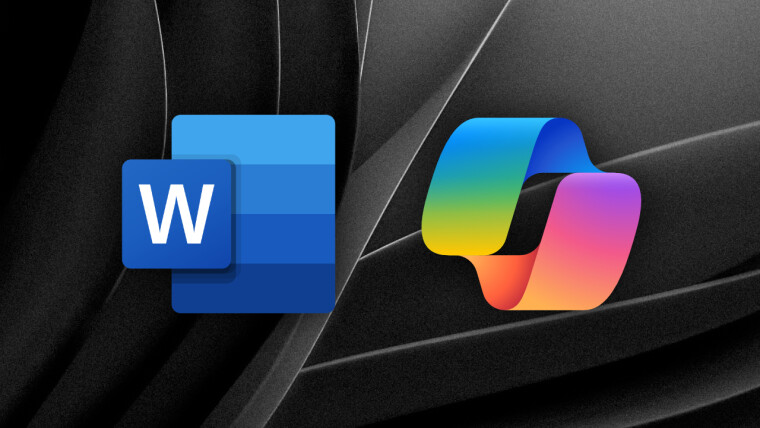
Google and OpenAI have rejected the U.Okay. authorities’s proposal geared toward balancing using on-line content material for AI coaching with defending artists’ rights to consent and compensation. The businesses counsel {that a} broad exception for textual content and knowledge mining (TDM) could be extra helpful for all stakeholders.
The federal government’s proposal, printed in December, outlined a system that allows AI builders to make use of creators’ on-line content material to practice their fashions except rights holders explicitly decide out. It additionally mandates transparency from AI builders on which artistic supplies they use and the way these are sourced.
Tech giants favor broad TDM exception over artist protections
In its response to the subsequent session, OpenAI mentioned opt-out fashions face “vital implementation challenges.” OpenAI pointed to the unclear requirements within the EU, which imply “AI builders battle to determine which works might be accessed and that are off-limits.” The ChatGPT maker mentioned any transparency obligations should not require the disclosure of extra delicate data than is required in different jurisdictions, or AI corporations could also be much less inclined to function within the U.Okay.
OpenAI additionally helps the proposal of a TDM exception that will permit copyrighted materials for use to coach business fashions with out the rights holder’s permission. The corporate claims it should “drive AI innovation and funding within the UK, and could possibly be designed to steadiness the wants of AI improvement with the mitigation of concrete harms to copyright homeowners.”
SEE: Google, Meta Criticise U.Okay. and E.U. AI Rules
Google needs the TDM exception too, because it lays out in its response; nevertheless, it needs it for each business and non-commercial makes use of. The corporate has expressed this want a number of instances earlier than, however plans to permit it for business functions have been deserted in February 2023 after being extensively criticised by artistic industries.
The Gemini creator clarified it helps the opt-out mannequin for creators however that it doesn’t “translate to remuneration rights” if their content material is in some way utilized in coaching knowledge. The federal government’s proposal would permit rights holders to barter their very own licensing agreements with AI corporations in the event that they selected to take action.
Google additionally described the transparency necessities as “extreme” and will “hinder AI improvement and affect the U.Okay.’s competitiveness on this house.”
Artists push again
Artists have expressed outrage over the U.Okay.’s choice to revise copyright legal guidelines in favour of AI, putting the onus on them to decide out of AI coaching moderately than the AI firm looking for consent by default. The likes of the Impartial Society of Musicians and Publishers Affiliation argued this may additional erode their means to regulate and revenue from their creations.
Final month, greater than 400 artists, together with Paul McCartney, Ben Stiller, and Cate Blanchett, despatched a letter urging motion in opposition to AI corporations for allegedly exploiting copyrighted works with out permission.






No Comment! Be the first one.